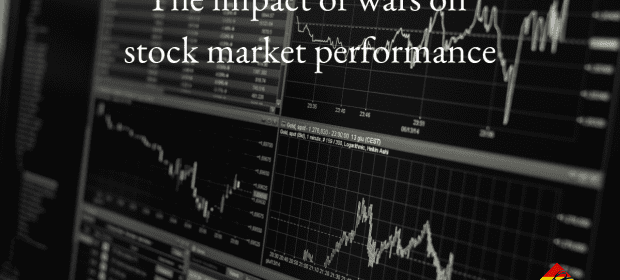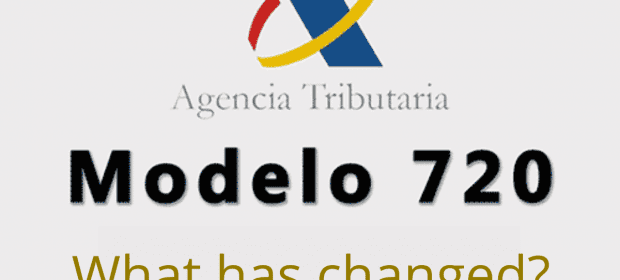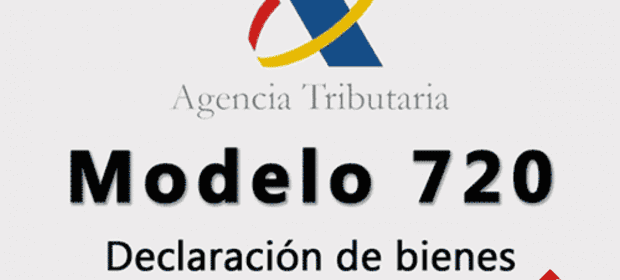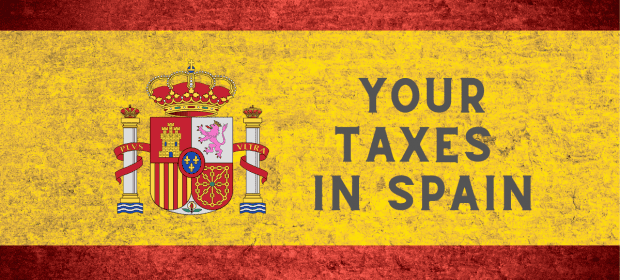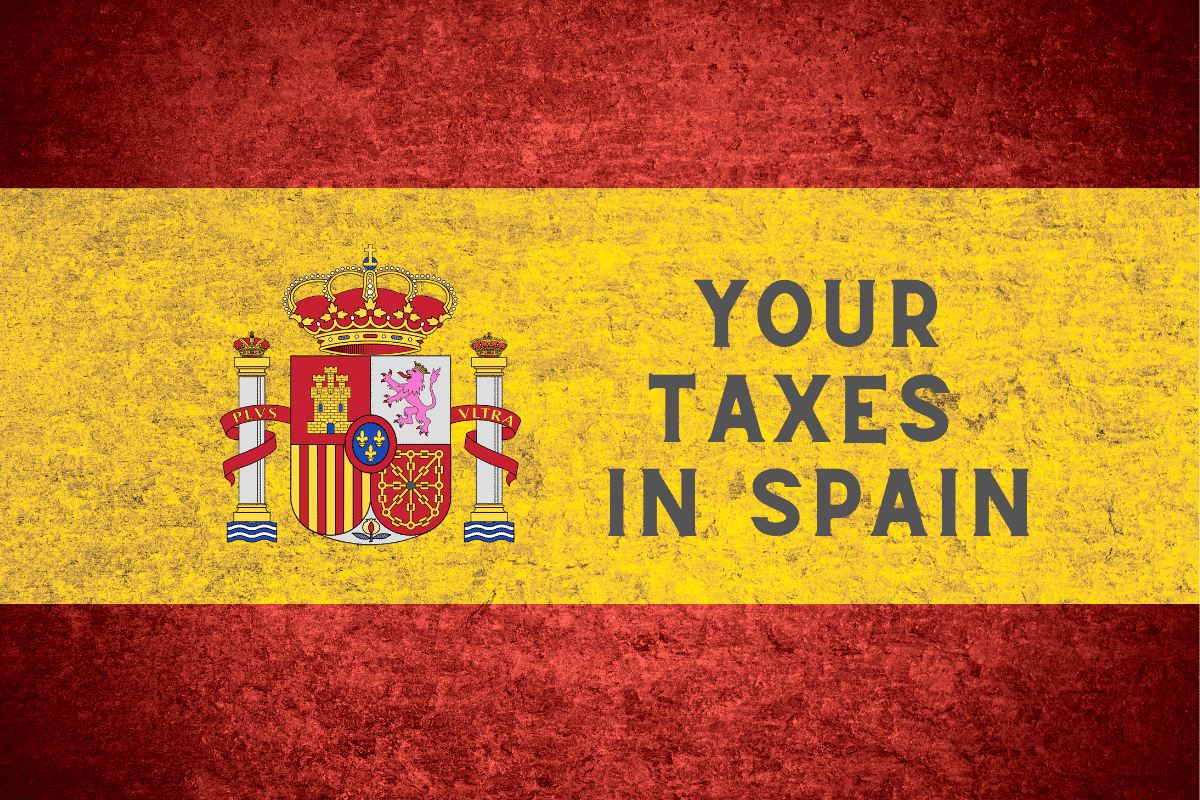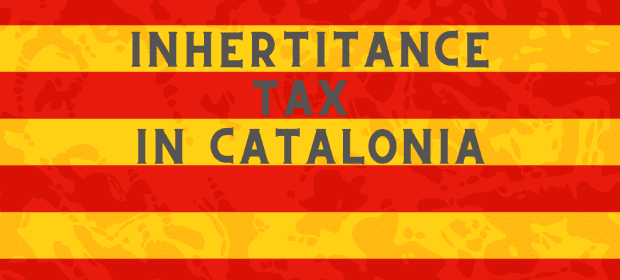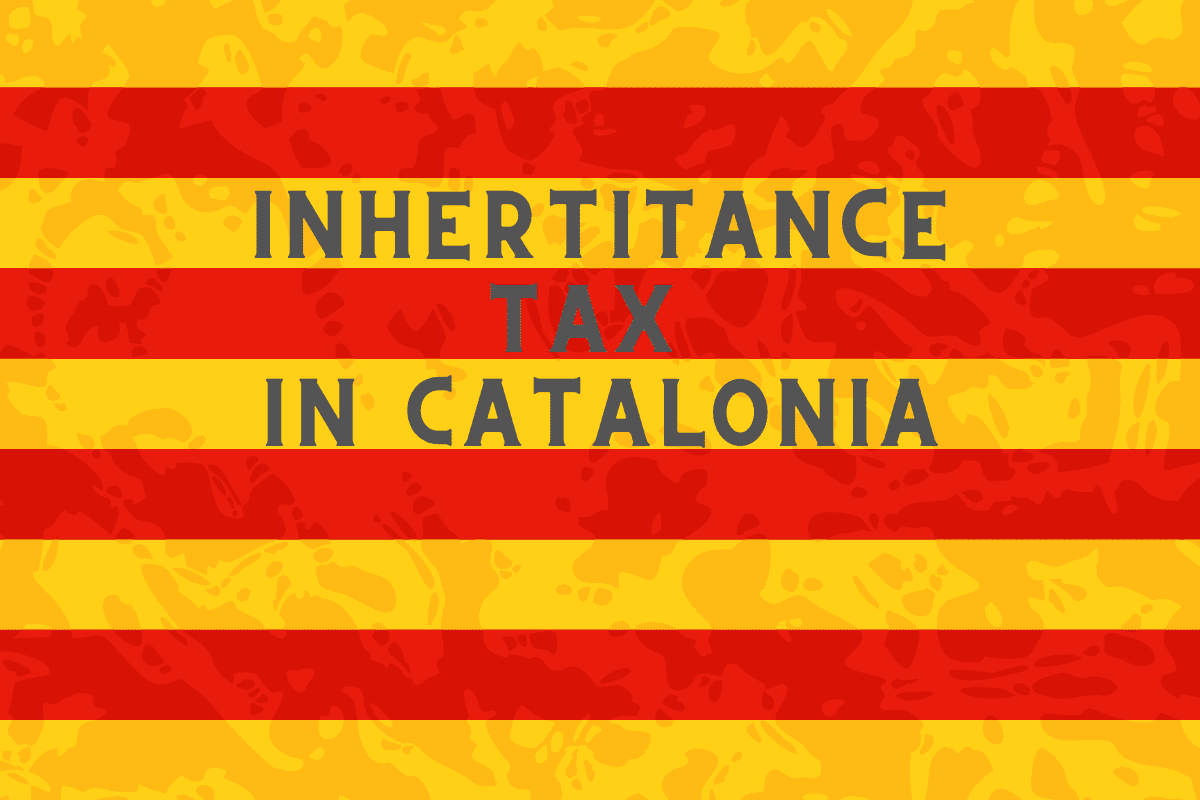Off the back of the current situation in Ukraine, many of my clients have been asking me what this means for their investment and pension portfolios. Irrespective of the size and scope of the conflict, any declaration of war has global repercussions. Instability in one area of the world will result in a ripple effect, effecting other areas of the world regardless of the countries involved. Yes, this is likely to affect your investments and your pensions but the key takeaway is that you should not worry. If you are panicking, please reach out to me and we can have a conversation about it. There are even areas of opportunity in war times and stocks in certain sectors have even bucked the trend and outperformed. In this article, I will discuss investing in war times, including the current conflict in Ukraine, and the impact that this has on the stock market performance and the wider economy.
The Current Conflict in Ukraine
In the case of the current conflict between Russia and Ukraine, the heavy sanctions inflicted on Russia already have and will continue to heavily effect the global economy. The sanctions are amongst the harshest sanctions ever imposed on a country, and include preventing the Russian Government from accessing up to 600 billion USD in foreign cash reserves which they hold in foreign banks around the world, banning Russia from SWIFT (thus preventing Russians from using various credit and debit cards to make payments) and the freezing of the assets of some Russian individuals around the world ranging from bank accounts, property and even private yachts.
Various multinational companies have also ceased or reduced their operations in Russia (at least temporarily). For example, Apple have closed their Russian stores, Shell and BP have sold their stakes or abandoned their Russian operations and a magnitude of aviation companies such as British Airways, Lufthansa and Boeing have either halted their flights to Russia (note that there have also been significant alterations to the accessibility of international airspace) or in Boeing’s case, suspended parts, maintenance and technical support for Russian airlines.


